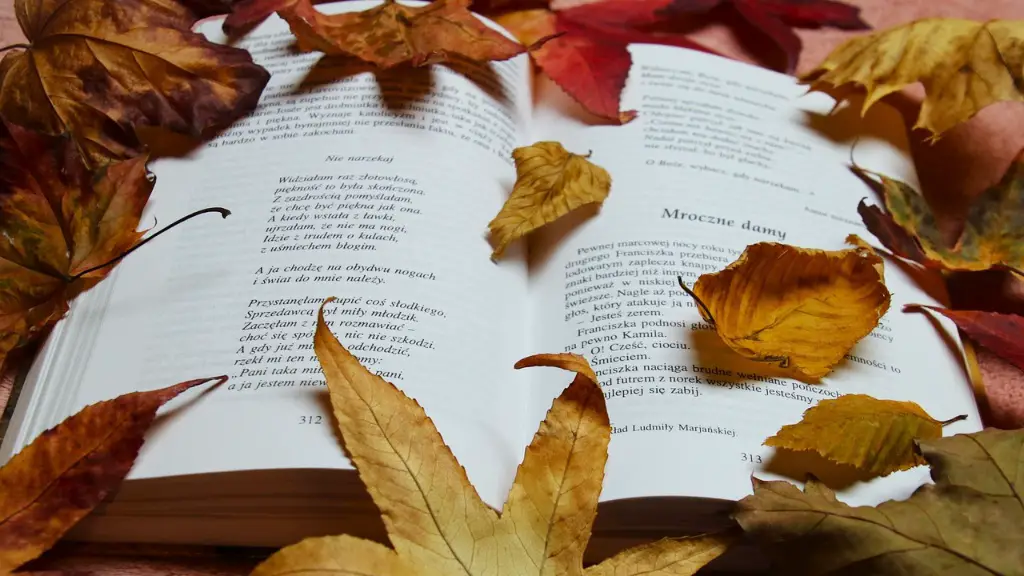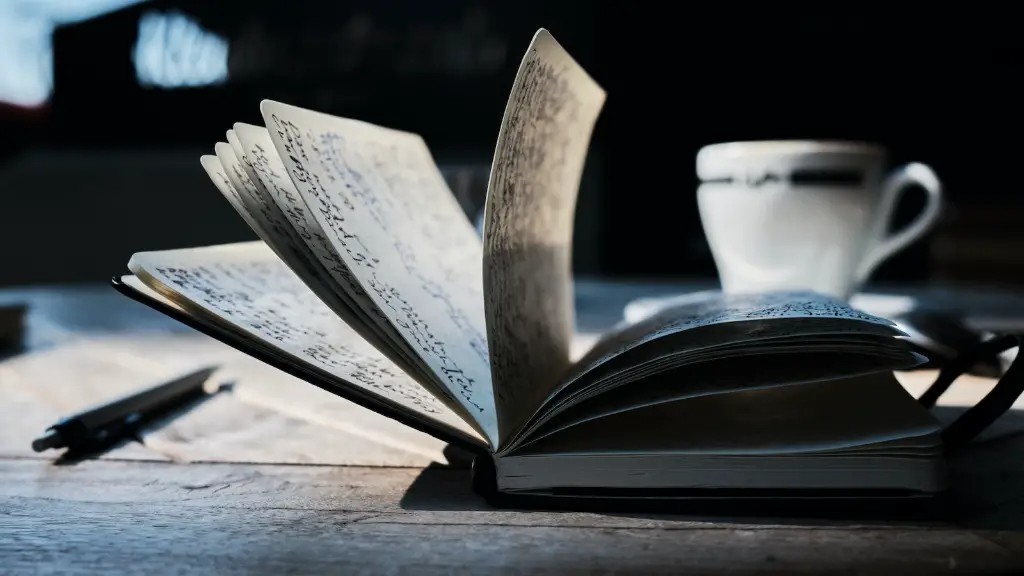Walt Whitman was an American poet, essayist, journalist, and humanist. Born in 1819 in Long Island, New York, he is regarded by many as one of the most influential and innovative poets of the 19th century. He is best known for his book Leaves of Grass, which has been described as revolutionary for its use of free verse, its celebration of life, and its focus on the individual self. He also wrote extensively about politics, and was a passionate observer of the Civil War and Reconstruction era.
Whitman was a groundbreaking figure in both American and world literature. His work is notable for its focus on the celebration and exploration of the self, and its embrace of unconventional forms and themes. He wrote with an expansive sense of the possibilities of poetic expression, stretching the boundaries of poetic structure, language, and imagery. His writing was a unique synthesis of European Romanticism and American democratic spirit.
Whitman’s influence on the development of American poetry has been widely acknowledged by modern scholars. He is often credited with inventing the concept of free verse, a type of poetry which does not adhere to traditional poetic rules and forms. He is also seen as a forerunner of modernist and postmodernist poets, such as Allen Ginsberg and T. S. Eliot. His poems often focus on themes of death, alienation, loss, and the search for identity and meaning in a hostile world.
Whitman’s relationship with the political issues of his day was complex and shifting. During the Civil War, his writings were often pro-Union, yet he also held conflicted views on slavery and race. He was a passionate observer of the Reconstruction era, both praising and critiquing the Abraham Lincoln administration for its policies. Through his writings, Whitman sought to illustrate the power and potential of democracy, even amid political turbulence, arguing for the importance of a strong sense of democratic identity and social justice.
Whitman’s legacy is strong and lasting. His work continues to influence writers and poets today. His writing served as an example of both individual and collective resilience, inspiring subsequent writers to explore similar themes. He remains a powerful symbol of freedom and self-expression, proof that it is possible to challenge the boundaries of structure, language, and form to create powerful, lasting works of art.
The Impact On American Poetry
Whitman’s lasting legacy can be seen in the way he impacted American poetry. His writings revolutionised the American poetic form, introducing free verse and inspiring creativity among his contemporaries. His poetry is known for its expansive sense of subject, its focus on the individual self, and its exploration of forbidden topics such as death, suffering, and sexuality. He sought to challenge the conventions of traditional poetry, and in doing so, he opened the door to modernist and postmodernist poets.
Whitman’s influence on American poetry is still evident today. His work has been described as a guide for modern poets, inspiring them to think outside the box and explore unconventional subjects and forms. His formlessness and experimentation with language laid the groundwork for contemporary poets who have sought to challenge and expand the boundaries of traditional poetic structures.
Whitman is often credited with ushering in a new era of American poetry. Through his works, he pushed the limits of what a poem could be and offered a radical new vision of creative expression. By embracing freedom, joy, and individual expression, his works sought to redefine the landscape of American poetry, paving the way for the likes of Allen Ginsberg, T. S. Eliot, and many others who have followed in his footsteps.
Revolutionary Themes
Whitman’s work is often associated with the celebration and exploration of the self. His focus on themes such as death, alienation, loss, and the search for identity and meaning in a hostile world was revolutionary for its time. He sought to illustrate the power and potential of democracy, and his works often served as a critique of the politics of his day.
Whitman also embraced unconventional forms and themes. His poems often explored forbidden topics such as death, suffering, and sexuality, turning away from the conventions of traditional poetic structure. His groundbreaking embrace of free verse introduced a new era of American poetry, inspiring modern poets to challenge the boundaries of language and form.
The themes explored in Whitman’s work remain relevant today. His writing serves as an example of individual and collective resilience, inspiring contemporary poets to explore similar themes in their own work. His powerful symbol of freedom and self-expression shows that it is possible to challenge conventions and create lasting works of art.
Poetic Style
Whitman’s work is also notable for its distinctive poetic style. His writing is marked by its embrace of free verse, its expansive sense of the possibilities of poetic expression, and its focus on identity and self-discovery. He experimented with language, imagery, and structure to create something that was uniquely his own.
Whitman’s poetic style has been widely praised by modern critics, who credit him with pacing the way for modernist and postmodernist poets. His work continues to influence writers today, inspiring them to think creatively about language and structure and to experiment with unconventional forms.
Whitman’s distinctive poetic style has also been seen as a crucial part of his lasting appeal. His ability to move away from the conventions of traditional poetry and create something unique has helped ensure his status as one of the most influential and innovative poets of the 19th century.
Influence on Modern Writers
Whitman’s influence on modern writers is evident in the way he has inspired countless writers to explore similar themes. His work can be seen as a blueprint for contemporary poets, offering a model of creative expression and self-discovery. He serves as a reminder that it is possible to challenge conventions and embrace freedom, joy, and individuality.
The power of Whitman’s enduring legacy can be seen in the works of modern poets such as Allen Ginsberg and T. S. Eliot, both of whom embraced the conventions of free verse, challenged the bounds of traditional poetic structure, and experimented with language, form, and imagery. His influence can also be seen in the works of more contemporary poets, such as Sylvia Plath and Anne Sexton, who were inspired by his focus on self-expression and exploration of forbidden topics.
Whitman’s work continues to evoke passionate responses from readers and critics alike. His writing is powerful and enduring, a testament to the power of the individual spirit and its ability to defy conventions and create lasting works of art.
Legacy
The legacy of Walt Whitman is one of individual greatness and collective resilience. His writings revolutionised American poetry, introducing free verse and inspiring creativity among his contemporaries. His works ushered in a new era of American poetry, one that focused on the celebration and exploration of the self and embraced unconventional forms and themes. His words serve as a reminder that it is possible to challenge the boundaries of language and form and create something powerful and lasting.
Whitman’s influence on modern writers is undeniable. His work continues to inspire and influence poets today, opening the door for contemporary thinkers to explore similar themes and express themselves in new and innovative ways. His legacy is a powerful symbol of freedom and self-expression, proof that it is possible to challenge conventions and create enduring works of art.
Whitman’s legacy will undoubtedly remain strong in the coming years. His writings continue to evoke passion and inspire creativity in readers and writers alike. He remains a powerful figure in both American and world literature, an example of what an individual can achieve against the odds.





